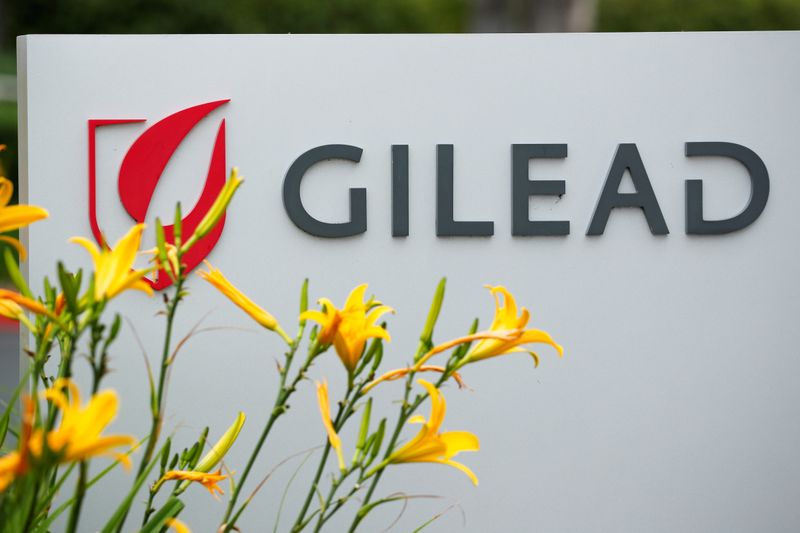MOSCOW (Reuters) – Russia’s Supreme Court on Thursday rejected a lawsuit from U.S. company Gilead Sciences that challenged a Russian government decision to let a Russian firm develop and market the anti-COVID-19 drug remdesivir without Gilead’s consent.
The Russian government late last year granted Russian drugmaker Pharmasyntez a compulsory licence for one year to manufacture the drug under a different name without Gilead’s permission.
The government said in a decree at the time that the move was in the interests of Russia’s own security. According to the decree, Russia had to pay compensation to the drug’s patent-holder. The amount was not specified.
Pharmasyntez had asked the Kremlin to allow it to produce a generic version of remdesivir before the government decree was issued. Vikram Punia, its director, said the company had also written to Gilead in July last year to try to obtain their consent in the form of a voluntary licence, but had not heard back.
Pharmasyntez produces remdesivir under the name Remdeform. A shipment of the drug was sent by Russia to India on Tuesday as part of a delivery of humanitarian aid.
Gilead said in a statement it was disappointed by the Supreme Court’s ruling and called the issuance of a compulsory licence “unnecessary and counterproductive”.
“…We have stood ready to work with Russia to expand access to Veklury (remdesevir) since mid-2020. Intellectual property is not, and has never been, a significant barrier to access to medicines in Russia,” Gilead said.
It said it believed the original Russian government decision fell short “of the requirements of Russian law.” While criticising what it called inconsistency in the Russian government’s pricing policy, it said it had maintained remdesevir supplies to all eligible patients in Russia.
(Reporting by Polina Nikolskaya in Moscow and by Ankur Banerjee in Bengalaru ; Editing by Andrew Osborn)

























